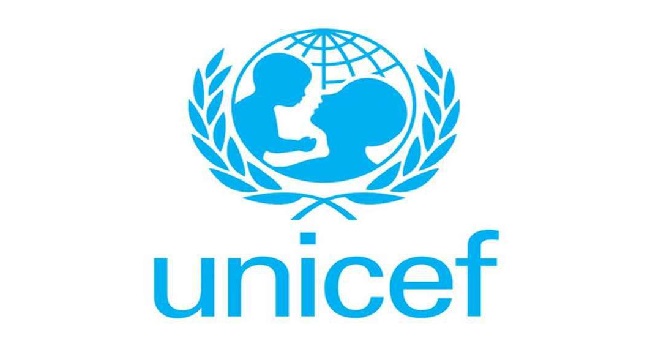International
UNICEF warns of ‘lost generation’ as children share Covid-19 consequences

The United Nations Children’s Fund (UNICEF) a United Nations agency has called on governments to do more to improve services for kids as they share the negative impacts of the pandemic.
UNICEF in a statement by Oluwatosin Akingbolu, Communications, Advocacy and Partnerships for UNICEF. said on Thursday that the COVID-19 pandemic could cause “irreversible harm” to the health, education and nutrition of children around the globe.
The statement reads “UNICEF Nigeria will commemorate World Children’s Day in Nigeria by amplifying the voices of children and young people calling for improvements in the situation of children in Nigeria, many of whom are playing an active role in their communities to help bring about that change.
“UNICEF Nigeria will also introduce two new animated characters to Nigeria – “Lara and Ali” – who will bring regular messages to children about important child rights issues in a fun and educative way.”
The statement sent to RipplesNigeria quoted the UNICEF representative in Nigeria, Peter Hawkins as saying “Since the pandemic started, there has been a false belief that children are not affected by COVID-19.”
Read also: UNICEF, WHO call for emergency action on measles and polio outbreak
“Nothing can be further from the truth, including in Nigeria. While children are less likely to have severe symptoms of illness, they can be infected – and the biggest impact by far is the disruptions to key services and increasing poverty rates, which are both having a huge impact on Nigerian children’s education, health, nutrition and well-being. The future of an entire generation is at risk – globally and in Nigeria.”
In a new report, the UN agency surveyed 140 countries and discovered that one-third of countries found that around one-third of countries reported at least 10 per cent decline in health services coverage such as routine vaccinations, outpatient care for childhood infectiois diseases, and maternal health services.
The report also found that nutrition services for women and children saw a 40% decline across 135 countries owing to the pandemic. As of October, 265 million children were missing out on school meals.
UNICEF said that if interruptions to services and rising malnutrition continued, then it could lead about 2 million additional deaths of children, and 200,000 additional stillbirths over the next 12 months.
In addition, UNICEF appealed to government to close the gap using these six point plan – to close digital divide in education, guarantee access to nutrition and health services, make vaccines affordable, support mental health of children and support children and their families living through conflict, disaster.
Join the conversation
Support Ripples Nigeria, hold up solutions journalism
Balanced, fearless journalism driven by data comes at huge financial costs.
As a media platform, we hold leadership accountable and will not trade the right to press freedom and free speech for a piece of cake.
If you like what we do, and are ready to uphold solutions journalism, kindly donate to the Ripples Nigeria cause.
Your support would help to ensure that citizens and institutions continue to have free access to credible and reliable information for societal development.






















